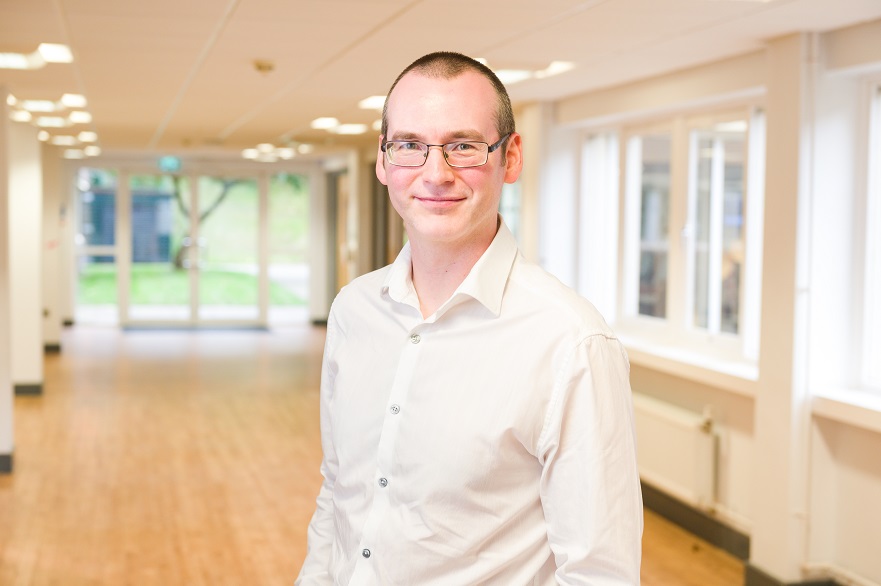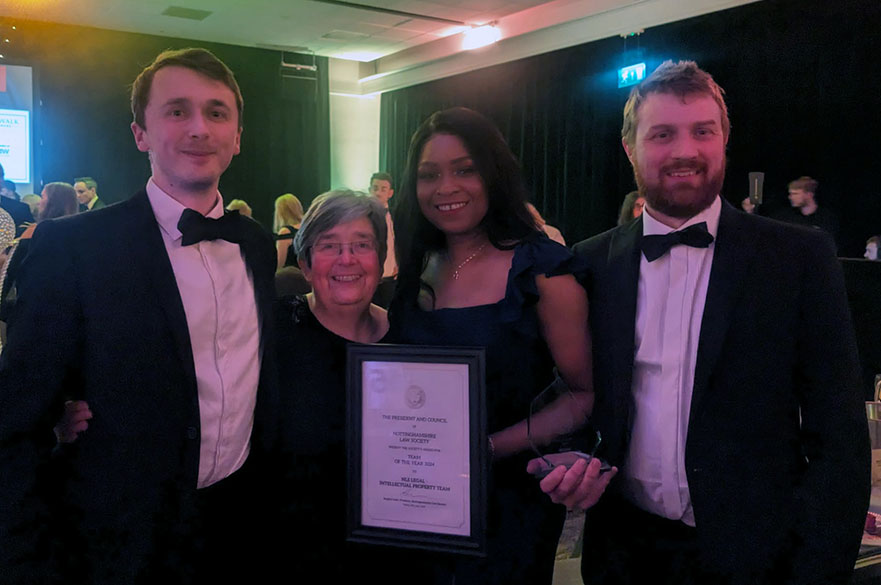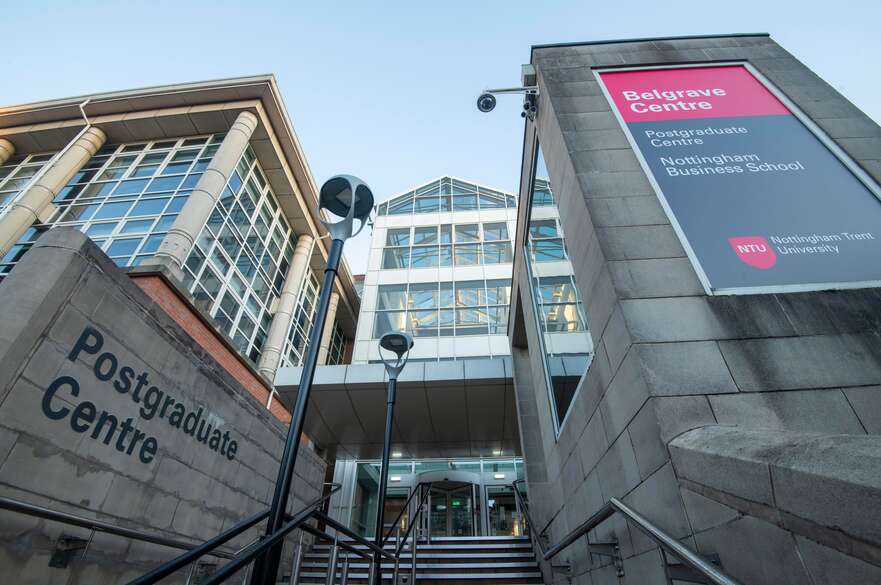Brain function of older adults catching up with younger generations
The brain function of older generations is improving, with the gap between old and young healthy adults lessening, according to research by Nottingham Trent University.

The three-part study reviewed evidence from 60 independent research papers regarding cognition in older and younger adults to explore trends and determine whether age differences are changing over time.
It also examined the results of a study by lead researcher Dr Stephen Badham, Associate Professor in Psychology at NTU’s School of Social Sciences, which assessed and compared the cognitive abilities of more than 1,000 older and younger adults at different points in time.
Cognition relates to how the brain processes information and can be linked to education, physical activity, and diet quality. It is also a factor in diagnosing age-related diseases such as dementia.
The studies in the review examined the cognition of older adults over time, particularly comparing earlier born adults with later born adults. The research also explored whether an age-related reduction in brain function is changing over time by analysing historic studies that compared young and older adults.

Some of the factors measured included verbal fluency, for example the ability to list words within a category; memory, such as delayed recall, delayed recognition, immediate memory and working memory; and cognitive speed.
The evidence points overall to improving and higher cognitive performance among older adults with eighty three of the measures used (68%) across the studies showing better performance in later cohorts of older adults than earlier cohorts, only six (5%) showed the reverse.
In contrast, findings show that that young adults’ cognition remained relatively flat across time – closing the gap between generations.
The findings were linked to ongoing improvements in education, healthcare, nutrition and access to more mentally stimulating, digital environments, which might have previously applied mainly to younger adults.
Associate Professor Stephen Badham said: “Much existing research shows that IQ has been improving globally throughout the 20th century. This means that later-born generations are more cognitively able than those born earlier.
“However, there is growing evidence that time-based increases in IQ are levelling off, such that in the most recent couple of decades, young adults are no more cognitively able than those born shortly beforehand. As a result, the current data show that young adult advantages in cognition relative to older adults, such as memory ability and speed of processing, are now getting smaller over time. This means that when we compare young and older adults today, the gap is smaller than it was in the past.
“Therefore, the decline an individual might expect to experience as they become older is smaller than originally thought. In other words, we can expect to be more cognitively able than our grandparents were when we reach their age.
“Finally, as older adults are performing better in general than previous generations, it may be necessary to revise definitions of dementia that depend on an individuals’ expected level of ability. This is because dementia is defined as cognitive ability that is below normal and the current results suggest that as healthy older adults become more cognitively able, we may need to revise our definition of normal when diagnosing dementia.”
The full paper The older population is more cognitively able than in the past and age-related deficits in cognition are diminishing over time can be read in the journal Developmental Review.
-
Notes for editors
Press enquiries please contact Helen Breese, Public Relations Manager, on telephone +44 (0)115 848 8751, or via email.
About Nottingham Trent University
Nottingham Trent University (NTU) received the Queen’s Anniversary Prize for Higher and Further Education in 2021 for cultural heritage science research. It is the second time that NTU has been bestowed the honour of receiving a Queen’s Anniversary Prize for its research, the first being in 2015 for leading-edge research on the safety and security of global citizens.
The Research Excellence Framework (2021) classed 83% of NTU’s research activity as either world-leading or internationally excellent. 86% of NTU’s research impact was assessed to be either world-leading or internationally excellent.
NTU was awarded The Times and The Sunday Times Modern University of the Year 2023 and ranked University of the Year in the Whatuni Student Choice Awards 2023. It was awarded Outstanding Support for Students 2020 (Times Higher Education Awards), University of the Year 2019 (Guardian University Awards, UK Social Mobility Awards), Modern University of the Year 2018 (Times and Sunday Times Good University Guide) and University of the Year 2017 (Times Higher Education Awards).
NTU is the 5th largest UK institution by student numbers, with approximately 40,000 students and more than 4,400 staff located across five campuses. It has an international student population of 7,000 and an NTU community representing over 160 countries.
Since 2000, NTU has invested £570 million in tools, technology, buildings and facilities.
NTU is in the UK’s top 10 for number of applications and ranked first for accepted offers (2021 UCAS UG acceptance data). It is also among the UK’s top five recruiters of students from disadvantaged backgrounds and was the first UK university to sign the Social Mobility Pledge.
NTU is ranked the second most sustainable university in the world in the 2022 UI Green Metric University World Rankings (out of more than 900 participating universities).
- Category: Press office; Research; School of Social Sciences


